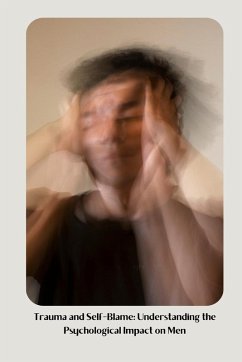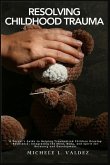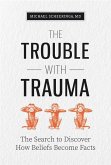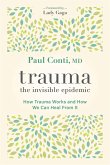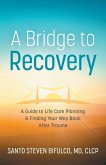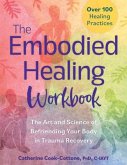Survivors of adult sexual assault (ASA) and child sexual abuse (CSA) experience numerous negative consequences because of the violence they experienced. Self-blame is an important symptom to consider, and some research has shown certain characteristics may lead to increased trauma-related self-blame for survivors. High rates of self-blame are likely to lead to increased symptomatology and increased treatment resistance. The aim of this study was to explore the relationship between rape myth acceptance, tonic immobility, negative disclosure response experiences, substance use, and sexual arousal and how they may impact trauma-related selfblame for male survivors of adult sexual assault and/or child sexual abuse. 179 cisgender men with a history of CSA and/or ASA completed online measures to assess for rape myth beliefs, tonic immobility, disclosure experiences, sexual arousal, and substance use. Findings demonstrated that only rape myth acceptance significantly predicted self-blame in male survivors. Additionally, results indicated participants who used substances within 72 hours of their nonconsensual sexual event and previously disclosed their abuse experienced higher rates of self-blame than those who did not. Notably, even though sexual arousal was not a significant predictor in this study, only 2.8% of the total sample reported experiencing no indications of physiological sexual arousal and 60% had significant experiences of physiological sexual arousal. Additionally, over two thirds of the sample never disclosed the nonconsensual sexual event to anyone. Clinical implications and future research directions are discussed.
Hinweis: Dieser Artikel kann nur an eine deutsche Lieferadresse ausgeliefert werden.
Hinweis: Dieser Artikel kann nur an eine deutsche Lieferadresse ausgeliefert werden.

